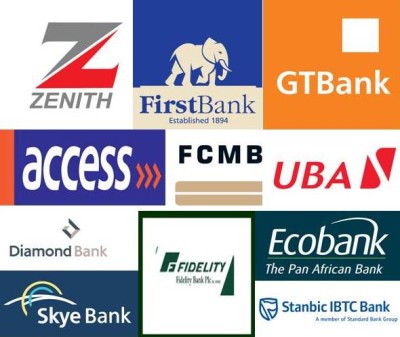
Any economy is as strong as its banks. So, if this is “our worst possible time”, then no sector of the economy reflects our situation better than our banks. That many are hanging on the ropes is obvious. We will mention a few reasons they may be in this situation for a long time to provide food for thought for the Federal Government and the Central Bank of Nigeria (CBN).
Banking transactions are down in volume and value on the aggregate. From February 2016, monthly cheque transactions had declined from N501bn to N488bn.
Although three or four banks might have experienced increasing revenue and profits, on the average, all the indices are going down. That means the ability of Nigerian banks to achieve their core mandate of creating wealth is seriously impaired. A nation in recession needs more investments to pull itself out. Nigerian banks are in no position to offer that required support.
The banks are in this sad situation largely on account of the non-performing loans they accumulated in the past in three vital sectors of the economy – power, petroleum and gas, and commercial real estate.
These were the sectors which defined the six to seven per cent annual growth of GDP which Nigeria experienced from 2009 to 2013 when the price of crude oil reached its highest level in history.
For Nigerians to participate more fully in the oil and gas sector, deregulate the power sector and provide the high profile real estate accommodations required by increasing numbers of foreigners, Nigerian banks were called upon to finance them all. To their credit, they responded marvellously.
Unfortunately, the long-term prospects of most of those investments were based on the price of crude oil remaining above $100. Problems arose when the slide under $100 started in the first quarter of 2014, and contrary to widespread expectations, continued until recently. Also unforeseen was the rise of militancy in the Niger Delta, which dealt a fatal blow to Nigeria’s oil prospects. Suddenly, the investments made in good faith six years ago are now heavily weighing down the banks.
Bankers should receive some share of the blame for the predicaments they find themselves. Some of the unethical and unprofessional conducts which resulted in the sector’s crises in the past have resurfaced. But, a great deal of the problems – intractable low crude prices, sabotage by militants, increased competition for global supply savaging banks – are totally beyond their control. That is why the Federal Government and the CBN must come to their aid and find ways to bail them out. Without a sound banking sector, Nigeria cannot expect the reversal of the forces tending towards possible depression.
END

Be the first to comment